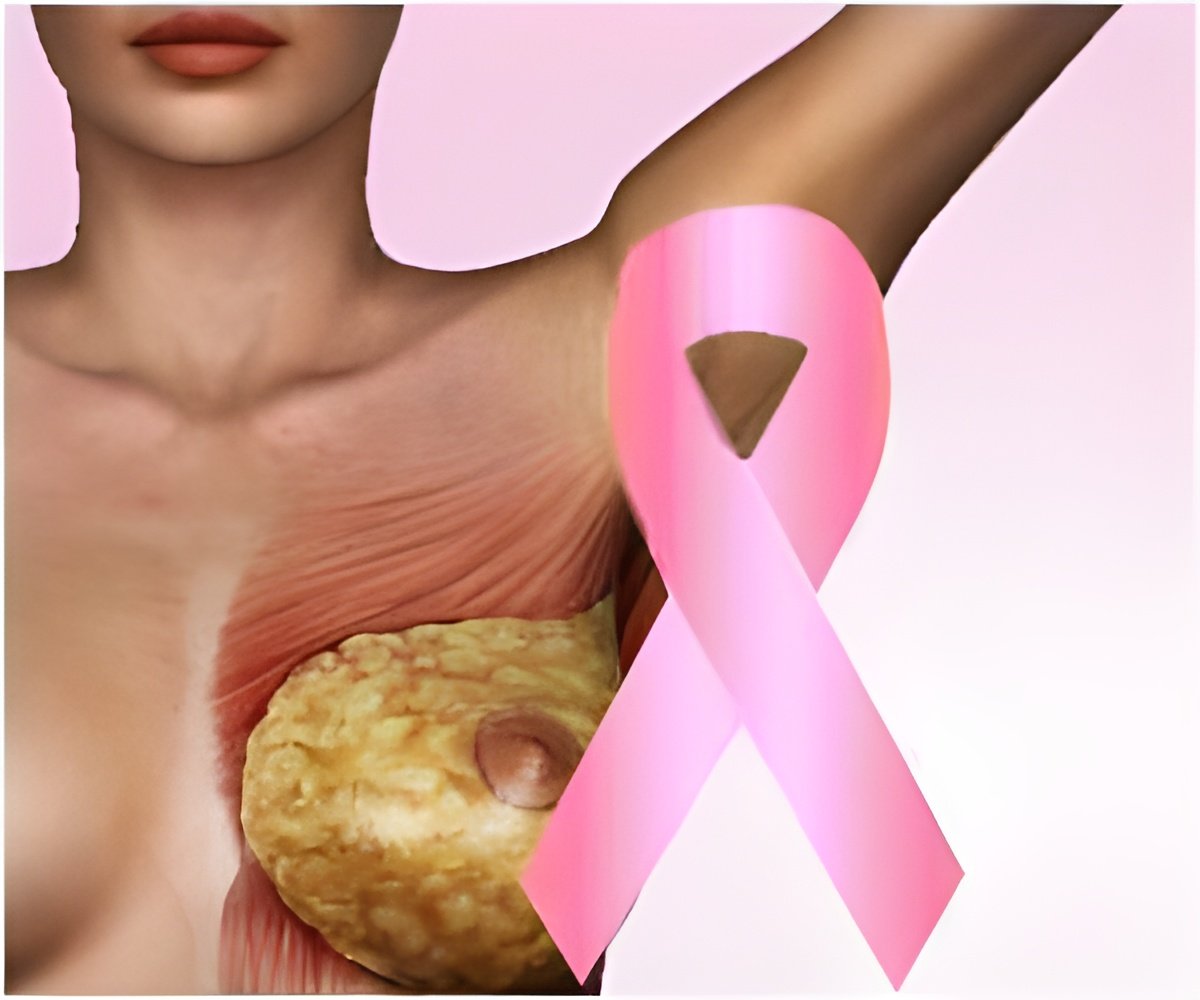
Earlier studies had shown that breast cancer cells treated with TDF lost their cancerous characteristics and began acting like normal mammary cells, suggesting that TDF had tumor-suppressing capabilities. However, how TDF acted remained unclear, leading Darie's group to initiate a search for a cellular receptor in cancer cells that might bind TDF and transmit its anti-tumorigenic cues.
Darie's group found that a receptor, labeled TDF-R, was found exclusively in breast, but not other cancer, cells, suggesting a level of specificity that agrees with previous reports of the efficacy of TDF. This result, which is being reported in a forthcoming issue of the Journal of Biological Chemistry, has substantial potential implications for developing new therapies for treating breast cancers known to be unresponsive to standard steroid hormone-based therapies, such as tamoxifen treatment.
Looking toward the next step, Darie asserted that "finding the receptor for the TDF hormone will allow us to rationally design drugs that will have a potent ability to stop cancer progression." He continued, "We will also be able to use TDF as a biomarker for breast cancer onset, thereby improving diagnoses."
Though cancer incidence and mortality rates have declined over the past 30 years, breast cancer remains a major killer: In 2007, breast cancer accounted for about 40,000 deaths in the U.S., while another 200,000 women were diagnosed, according to the Center for Disease Control.
Source-Eurekalert















